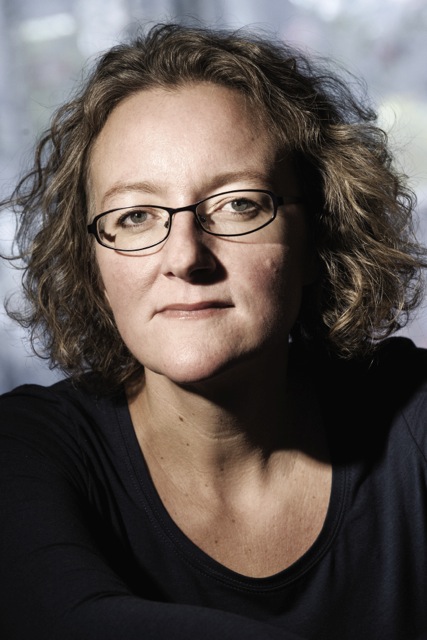 |
| photo: Ryan Cox |
Elizabeth Haynes worked for many years as a police analyst, a civilian role that involves determining patterns in criminal behavior. She recently retired from this position to write full time. Her first novel was Into the Darkest Corner (2011), followed by Under a Silent Moon, the first in her Briarstone crime series, and two standalone novels: Dark Tide and Human Remains. The second installment in the Briarstone series is Behind Closed Doors (Harper, paperback, March 31, 2015). Haynes lives in a village near Maidstone, Kent, England, with her husband and son.
On your nightstand now:
Love Is Red by Sophie Jaff--I was lucky enough to get a galley of this gorgeous-looking book; it's not out until May 2015. So far I'm finding it a fascinating read; it's different from anything I've read before, and it's so beautifully written I'm captivated by it. Next up is Alias Grace by Margaret Atwood, which I've been wanting to read for a long time.
Favorite book when you were a child:
I loved poetry as a child, and I think my most treasured possession was my Grandma's copy of Palgrave's Golden Treasury of English Songs and Lyrics. (I also read absolutely everything by Enid Blyton, but I couldn't pick just one).
I also discovered Ray Bradbury's short stories in the library when I was quite young, and I loved them. Most especially The Illustrated Man, which was the cleverest thing I'd ever read. A few years ago I read that Ray Bradbury (then retired, but still well) would spend some of each day signing books that fans had sent to him, and collecting mementoes of the hometowns that were sent along with the books. I sent my precious copy of The Illustrated Man (battered, but loved) to his agent, along with some little bits and pieces and a letter telling the great man how much his books had made me want to write. Just a week or so later I heard on the news that he had passed away.
Your top five authors:
This is SO difficult. How do you choose just five? I keep changing my mind. George Orwell. Definitely John Harvey--his Resnick novels are pure genius. Ruth Rendell, for psychology. Nicci French for structure. And Mo Hayder, who writes the scariest crime novels of all.
Book you've faked reading:
A Long Walk to Freedom by Nelson Mandela. I want to read it, I really do--it's been on my shelf a LONG time. But it's so big.
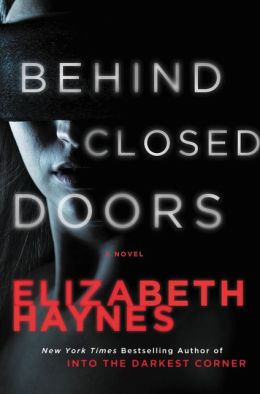 Book you're an evangelist for:
Book you're an evangelist for:
The Jigsaw Man by Paul Britton, a nonfiction work describing the high-profile investigations Britton worked on as a forensic psychologist in the U.K. If you read the reviews for this book on any British website, you'll see that opinion is polarised, because Britton was publicly discredited following his work on the Rachel Nickell murder investigation. Whatever your opinion on Paul Britton himself, his book is detailed and intriguing, providing a fascinating insight into some of the most horrific crimes in the U.K. over the last 30 years.
Book you've bought for the cover:
Art & Lies: A Piece for Three Voices and a Bawd by Jeanette Winterson.
Book that changed your life:
This has to be Feel the Fear and Do It Anyway by Susan Jeffers. I think I first read this in my early 20s and memorised many quotations from it. It gave me confidence at many difficult times in my life, and while I'm still not exactly adventurous, I do believe that my life has been better and richer because of the lessons I'm still learning about being brave.
Favorite line from a book:
"We all admired the work of Charles Dickens in tutorials but that didn't mean we wanted a ride on his moustache." --You Had Me at Hello by Mhairi McFarlane.
Which character you most relate to:
Gosh, this is another question that's impossible to answer. For me, relating to a character is a fundamental part of reading a book. I relate to all of them, good, bad, young, old--if I don't relate to them, what's the point of continuing to read? The characters tell the story, so you have to feel like you could be walking in their shoes. I can think of characters who have made me weep, characters who have had me shaking with fear or with rage, but I couldn't single out one who was just like me because in the act of reading, I become them. They don't become me. Is that a cop out? Sorry!
Book you most want to read again for the first time:
George Orwell's Burmese Days. Although I know it so well I can practically recite from it, there are still moments in the book that move me to tears.
 "I love bookstores. I love independent bookstores. I think heaven is an independent bookstore, or I hope it is. Laguna Beach Books is my favorite. We go there once a month; it feels like one of those writers' salons. They always have great writers come to this little bookstore; they get big names even though they're small. Another local independent bookstore that I love, which isn't quite local [to San Juan Capistrano, where I live] is Mysterious Galaxy. They do great local author events and will be doing two with me."
"I love bookstores. I love independent bookstores. I think heaven is an independent bookstore, or I hope it is. Laguna Beach Books is my favorite. We go there once a month; it feels like one of those writers' salons. They always have great writers come to this little bookstore; they get big names even though they're small. Another local independent bookstore that I love, which isn't quite local [to San Juan Capistrano, where I live] is Mysterious Galaxy. They do great local author events and will be doing two with me."








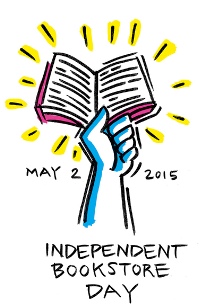 Two dozen New York City indies are teaming up for
Two dozen New York City indies are teaming up for 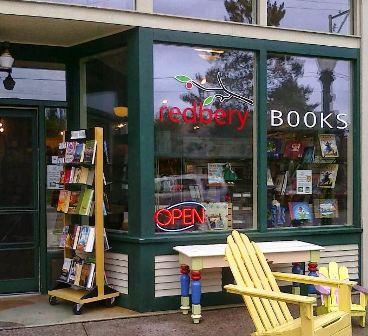 In June, Bev and Bill Bauer, owners of
In June, Bev and Bill Bauer, owners of 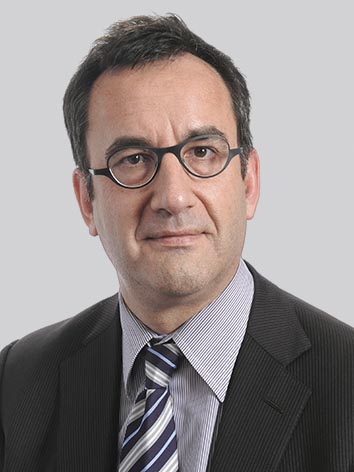
 This April Fools
This April Fools 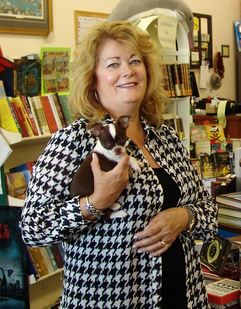 Susan Hinkle, owner of
Susan Hinkle, owner of 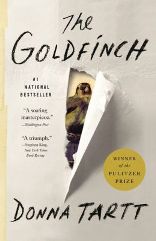 "This may make me sound old, but I am having trouble adapting to the world of LOLs and tweets. I crave substance. To slake those cravings, which I suspect are shared by others, I've picked Donna Tartt's The Goldfinch as this month's book buyer's pick.
"This may make me sound old, but I am having trouble adapting to the world of LOLs and tweets. I crave substance. To slake those cravings, which I suspect are shared by others, I've picked Donna Tartt's The Goldfinch as this month's book buyer's pick.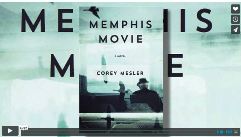 Memphis Movie
Memphis Movie
 Book you're an evangelist for:
Book you're an evangelist for: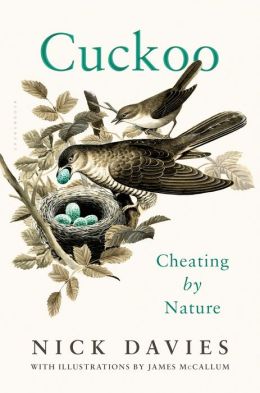 Nick Davies (Cuckoos, Cowbirds and Other Cheats), a professor of behavioral ecology at the University of Cambridge, knows that science today is more likely to depend on DNA analysis than stomping about in a field with a notebook. However, when Davies decided to study the cuckoo bird, he knew more traditional methods were in order. For 30 years, Davies and associate Michael Brooke, curator of birds at the Museum of Zoology in Cambridge, observed wild cuckoos in a marshy area known as Wicken Fen. Now nature and nonfiction lovers can follow his discoveries in this charming, engrossing chronicle of a most unusual bird.
Nick Davies (Cuckoos, Cowbirds and Other Cheats), a professor of behavioral ecology at the University of Cambridge, knows that science today is more likely to depend on DNA analysis than stomping about in a field with a notebook. However, when Davies decided to study the cuckoo bird, he knew more traditional methods were in order. For 30 years, Davies and associate Michael Brooke, curator of birds at the Museum of Zoology in Cambridge, observed wild cuckoos in a marshy area known as Wicken Fen. Now nature and nonfiction lovers can follow his discoveries in this charming, engrossing chronicle of a most unusual bird.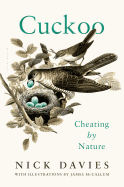
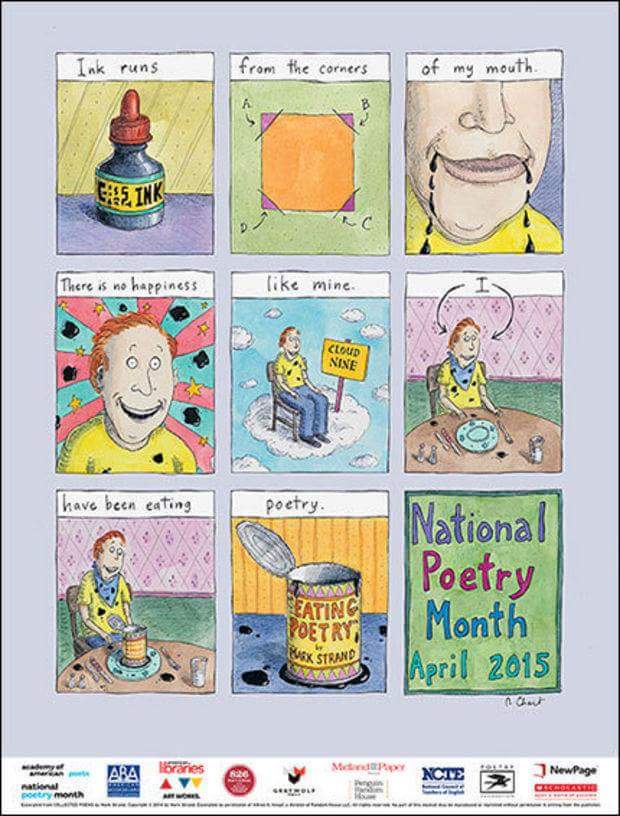 Ten random, or not so random, thoughts as spring and
Ten random, or not so random, thoughts as spring and 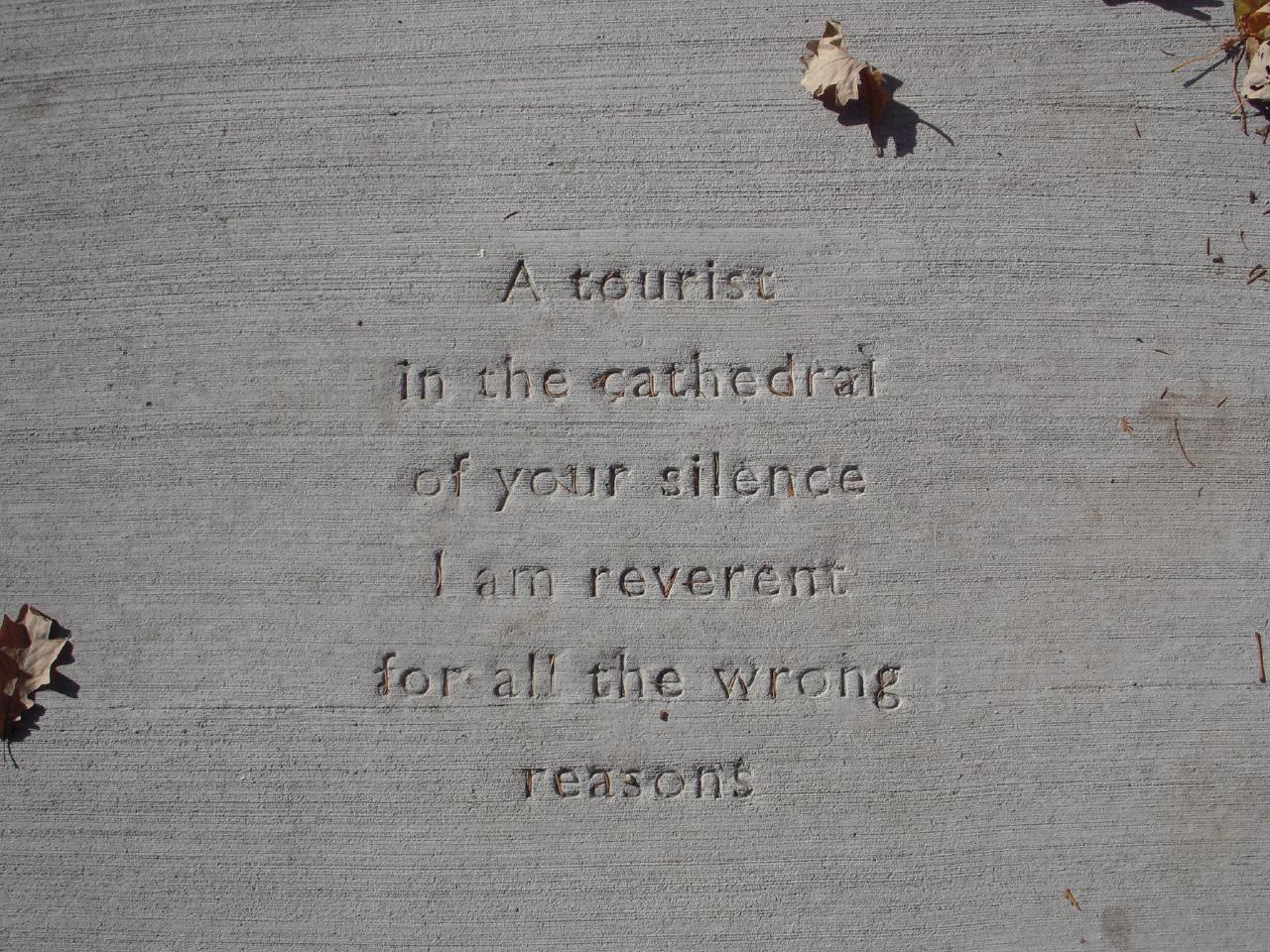 5. Poetry is everywhere. To celebrate the end of a very brutal winter, the Cambridge, Mass., Department of Public Works, along with staff from the Cambridge Arts Council and public library have partnered for a
5. Poetry is everywhere. To celebrate the end of a very brutal winter, the Cambridge, Mass., Department of Public Works, along with staff from the Cambridge Arts Council and public library have partnered for a